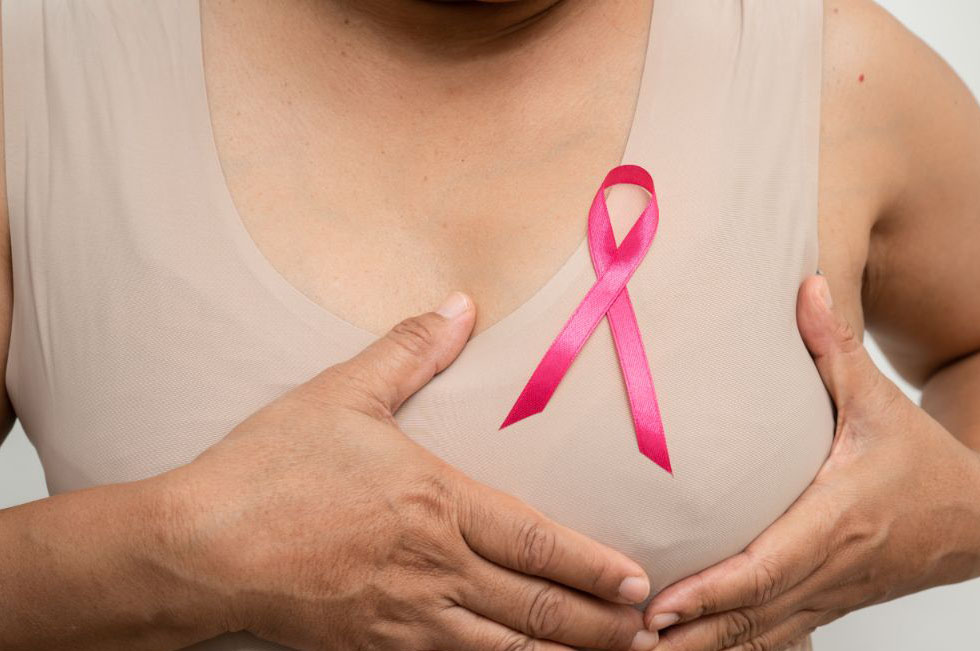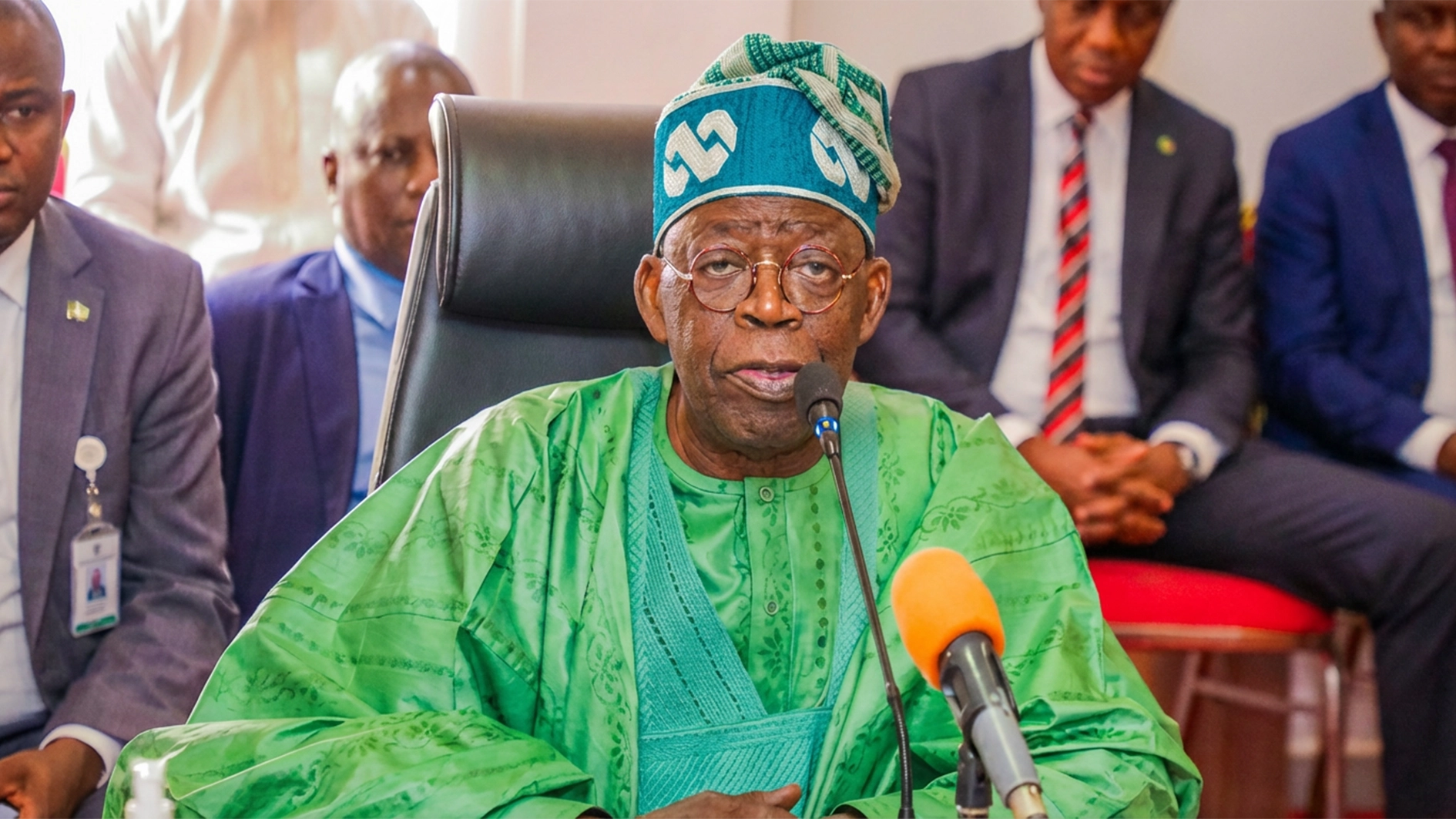
No fewer than 50,000 Kwara State women have been screened for breast and cervical cancer over the past 14 years.
The founder of the LEAH Foundation, Deaconess Omolewa Ahmed, disclosed this on Monday in Ilorin, where she added that the group collaborated with religious organizations, trade unions, market women associations, the government, and other women’s groups.
The founder and former First Lady of the state, while giving an overview of the foundation’s activities in the past years as well as projects to be embarked upon, said: “Over 50,000 women have been screened for breast and cervical cancers in collaboration with religious organisations, trade unions, market women’s associations, the government, and other women’s groups.
“Many women presenting with early signs of cancer have undergone clinical interventions at our facility or have been referred to tertiary health facilities.”
READ ALSO: NAFDAC alerts Nigerians to ‘counterfeit’ cancer drug
According to the foundation, founded in 2011 by Deaconess Omolewa, the non-governmental organisation, in consultative status with the United Nations ECOSOC, today stands as a leading cancer control organisation in Northcentral Nigeria, with a strong presence in Ilorin, Kwara State.
“We have been at the forefront of advocating for early detection and screening of breast, cervical, and prostate cancers—three of the most common cancers affecting men and women in this region,” she said.
According to her, cancers remain the leading causes of death, primarily due to late presentation, lack of awareness, low uptake of screening services where available, and cultural or religious beliefs. In recognition of our impactful work, LEAH Foundation is a proud member of the Union for International Cancer Control (UICC) and the African Organisation for Research and Training in Cancer (AORTIC).
“As part of this year’s World Cancer Day activities, LEAH Foundation is turning its attention to prostate cancer—one of the most common cancers among men in Nigeria, accounting for 29 per cent of male cancer cases. Tragically, 80 per cent of prostate cancer cases result in death due to late detection, underscoring the urgent need for early screening and awareness.
“The Prostate Cancer Screening Project aims to provide free screening services to 20,000 to 30,000 men aged 40 and above across all religious, educational, and social strata in Kwara State,” she said.
The foundation sought the support of individuals and organizations committed to societal development, adding that sponsorship will enable them to provide free screening services to thousands of men, promoting early detection and reducing mortality rates associated with prostate cancer.





